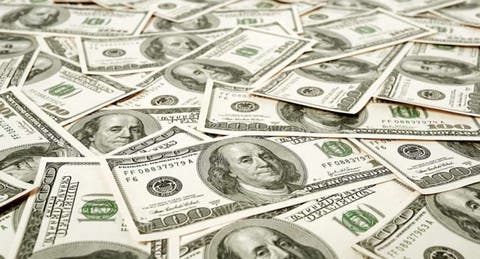Nigeria’s Foreign Reserves have plummeted by $673.13m in the last two months according to latest figures from the Central Bank of Nigeria (CBN).
Foreign reserves fell from $36.57bn on June 1, to $35.89bn on July 28, 2020 the CBN said in it’s first quarter economic report. It said the reserves stood at $33.69bn by the end of March, 2020.
See Also: Healthy Living: Should You Be Drinking Diet Soda?
This represents a decrease of 11.6% compared to the fourth quarter of 2019.
The current position of Nigeria’s external reserves is only able to cover 4.5 months of goods and services Import or 7.3 months of only goods import according to the estimated value of imports for the first quarter of 2020.
According to the report, the Federation’s share of the external reserves is $0.32bn dollars or 0.9%. While the Federal Government owns $5.85bn (17.4%), the CBN reserves 81.7% of the total sum (27.52bn).
The CBN Governor, Godwin Emefiele stated the need for the country to diversify its earnings away from crude into outer sectors such as effective tax collection, during the last Monetary Committee Meeting.
He said; Central to the committee’s considerations were the impact of the COVID-19 pandemic, the oil price shock and the likely short- to medium-term consequences on the Nigerian economy.’
The Monetary Committee further acknowledged the improvement of macroeconomic variables like the equities market, containment measures for COVID-19, and the impact of increasing crude oil prices on the country’s foreign reserves.

